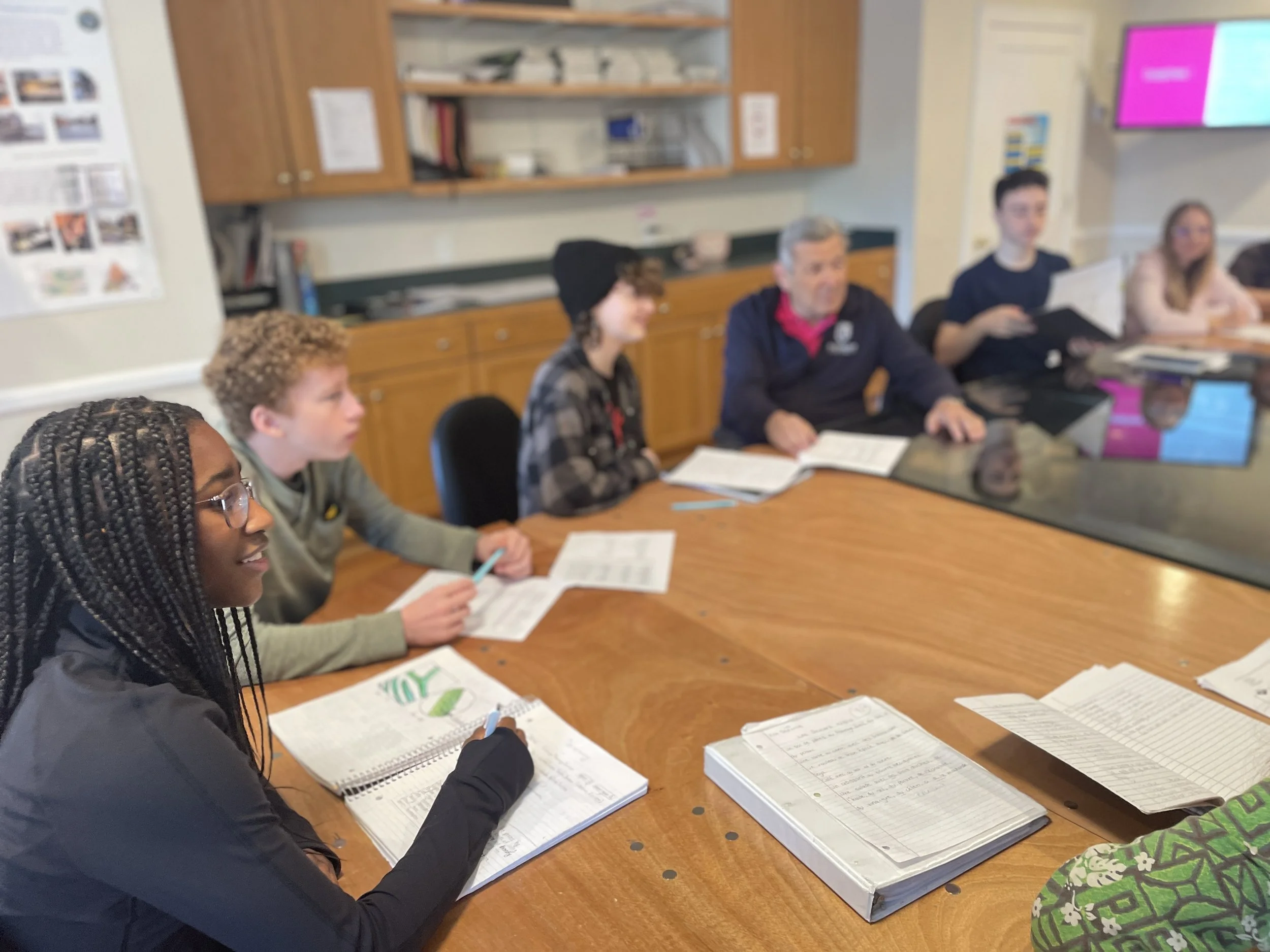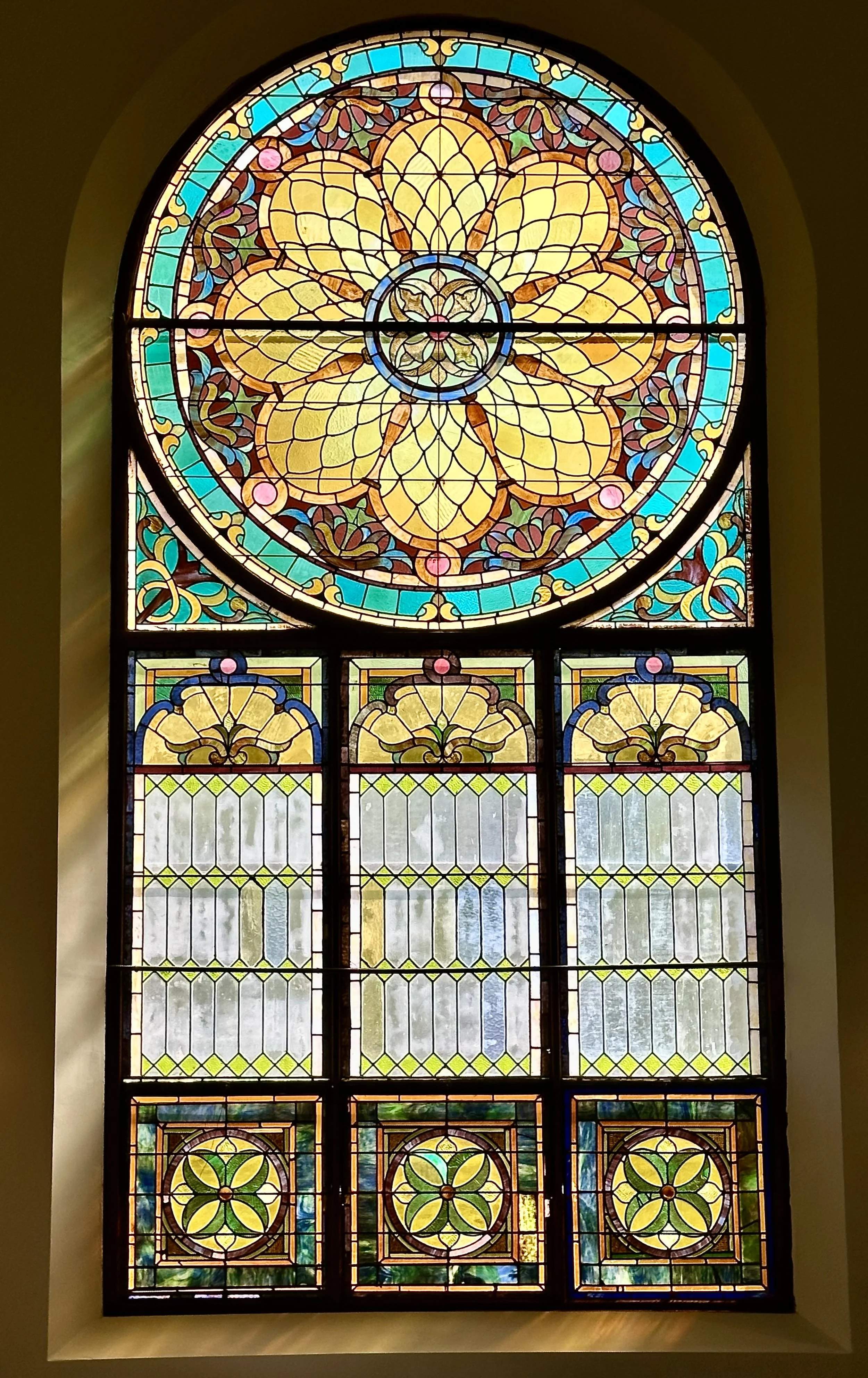
The Hague Approach
The Hague Approach combines the Harkness Discussion method with the International Baccalaureate Diploma Programme, joining the two with an interdisciplinary, student-centered focus and contemporary technology. At The Hague School, there are no rows of desks. Students prepare with a master instructor and come to the table ready to actively participate in facilitated peer-to-peer interaction, where they engage, create, and problem-solve.
Harkness Discussions
The Hague School’s signature pedagogy, the Harkness Discussion method, emerged at the turn of the 20th century at Exeter Academy in New Hampshire. It relies on collaborative classroom interactions around a conference-style table where 12-14 students engage with their teacher in discussion. This approach results in students capturing the knowledge necessary for their success while they develop their own “voices” and learn to listen to those around them. Harkness grows confidence and develops their skills in drawing out information, analyzing data, communicating ideas, and contributing to a larger conversation. Harkness instruction results in a learning experience that is more relevant, personal, and powerful than is the norm in high schools. Learn more about the Harkness Discussion method.
International Baccalaureate Diploma Programme
The International Baccalaureate Diploma Program (IB), a rigorous, inquiry-driven course of study, serves as the basis for an internationally transferable high school diploma recognized in over 150 countries. Beginning in the 9th grade, students integrate the IB’s learner profile attributes in each class to prepare them for the Diploma Programme. 11th and 12th graders complete the requirements for an IB diploma by passing exams in each content area and writing essays that are evaluated by international assessors. This curriculum complements the Harkness Discussion method by emphasizing the “how” and “why” as students develop an international worldview. Learn more about the IB Diploma Programme and our International Connections.
Campus and Community
Our small size results in big benefits for interpersonal development, resulting in a school community that feels like family where students learn to work through their differences every student feels well-known and cared for. Beyond our doors, the vibrant local community serves as an extension of our classrooms. Biology classes may step outside to test water samples from The Hague. History and art classes may visit the Chrysler Museum to learn about different cultures or view period art. We feature speakers from surrounding communities who address current challenges or highlight local programs. Our students participate in service projects tailored to their interests. Learn more about our local community partnerships.
Since June of 2022, The Hague School has been Fully Accredited by the Accrediting Commission for Schools, Western Association of Schools and Colleges for grades 9 through 12th.
Fully Accredited
by the Western Association of Schools and Colleges
At The Hague School, there are no rows of desks.
At the table, students:
Learn to construct, advance, evaluate, and critique arguments across disciplines.
Learn to look beyond the surface, identifying the discrete foundational elements that comprise the whole.
Learn to listen to each other and empathize with diverse viewpoints.

What is The Harkness Discussion method?







